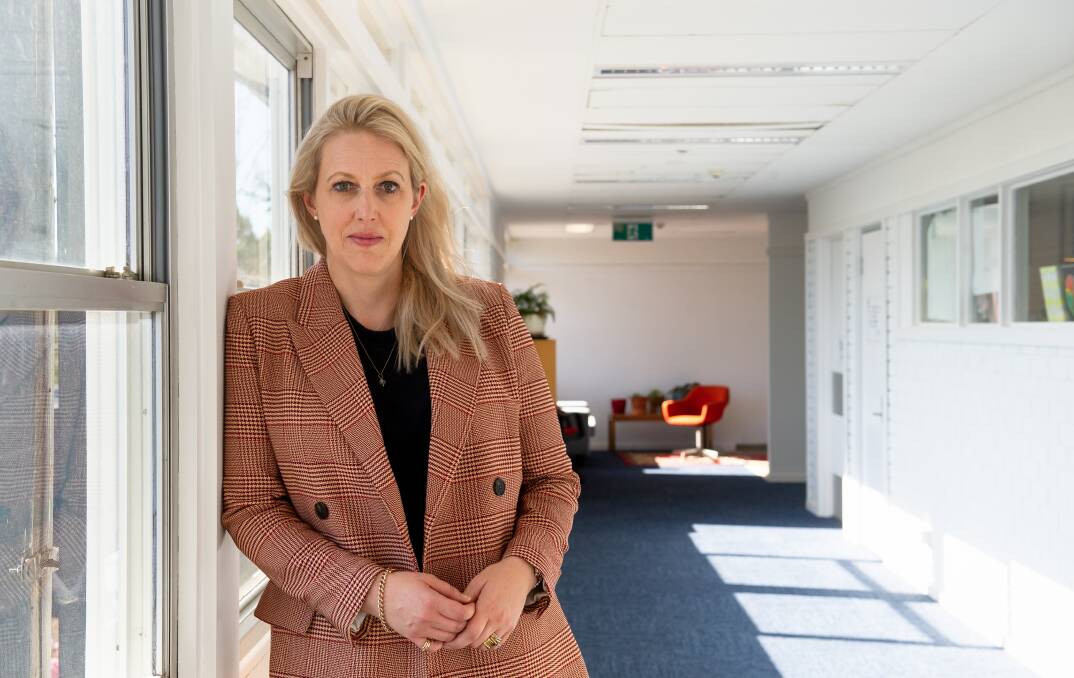
No guarantee on Federal government supplementary funding beyond next year has ACT community service providers who support the community's most vulnerable people, nervous and concerned about what services and staff may have to be cut.
Subscribe now for unlimited access.
$0/
(min cost $0)
or signup to continue reading
Over $500 million in supplementary funding to community service providers is reportedly "on the table" for the Morrison government when the current agreement, resulting from a 2012 Fair Work Commission decision, winds up next year.
The original funding agreement received the support of the former Labor government at the time led by Julia Gillard, and the funding is now exposed it to an uncertain Liberal-National Party future policy agenda.
Equal Remuneration Order (ERO) funding addressed the undervaluation of the work performed in the sector, mostly by women, and ensured fair and equal pay across both genders.
The sector provides services for the homeless, food relief, mental health, domestic violence, support for families and children, and many other important community services.
However, a survey conducted by the Social Policy Research Centre at the University of NSW has revealed both how reliant service providers have become in continuing to receive the supplementary funding, and their level of concern about what services may have to be cut.
The chief executive officer of the ACT Council of Social Service (ACTCOSS), Dr Emma Campbell, said that funding uncertainty and the approaching deadline without any assurance on renewal from the Federal government is a troubling development given the ever-increasing demand on service providers.
"ACT workers in the community service sector provide support to people when they need it most, when they're facing homelessness, escaping domestic violence or dealing with mental health," she said.
"Community service workers deserve fair pay for their important work."
READ MORE:
The Federal minister for Families and Social Services Anne Ruston has made no firm commitment on continuing the supplementation and has publicly described it as "an ongoing conversation" between the government and service providers.
In the ERO survey snapshot released this week, the chief executive officer of one ACT provider said that if wages were cut, "half our service will cease".
Another ACT provider said "either the government will need to meet this in our base/core funding moving forward, or we will need to reduce staffing and KPIs (key performance indicators) by 20 to 30 per cent across all services," she said.
"This ERO supplementation was for wages; it has not been spent on any other costs. Therefore when wages reduce between 20-30 per cent, so will our staffing levels. The government will need to recognise that with cuts to staff, come cuts to service delivery outcomes."
The survey concluded that the important gains in gender equity achieved by the supplement would be diminished if it was cut "and the sector will face further difficulties in attracting and retaining staff".
The chief executive of the national peak body, Cassandra Goldie, said that Australia should be able to rely on its community services in times of need.

